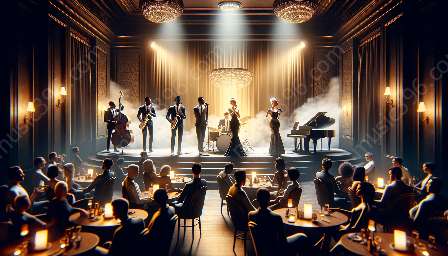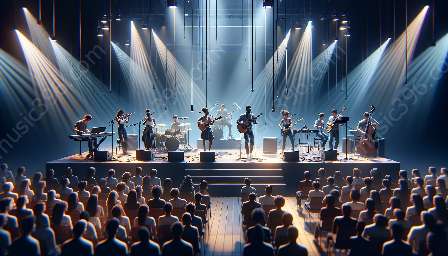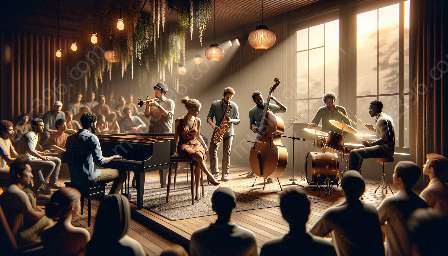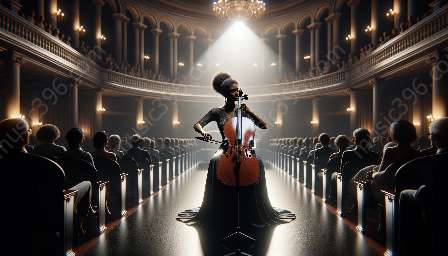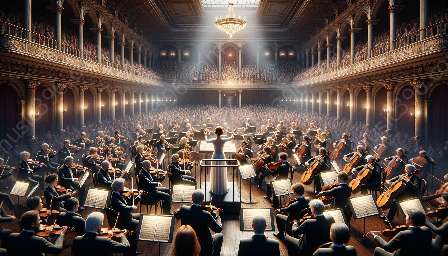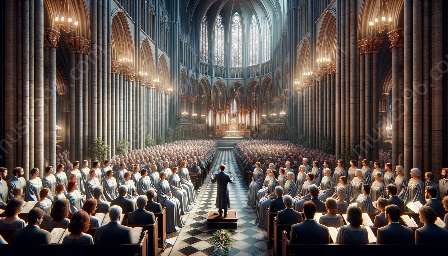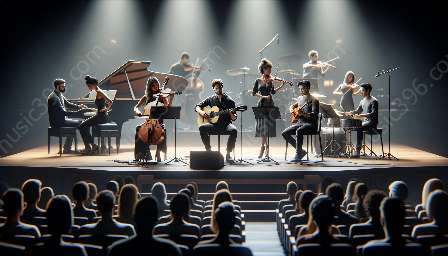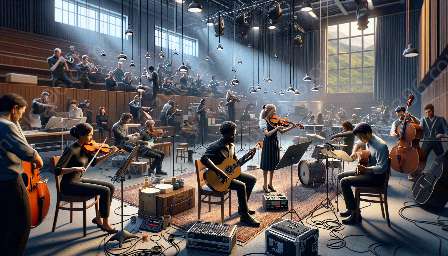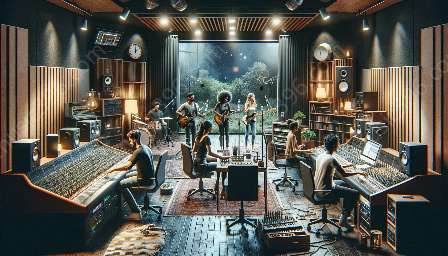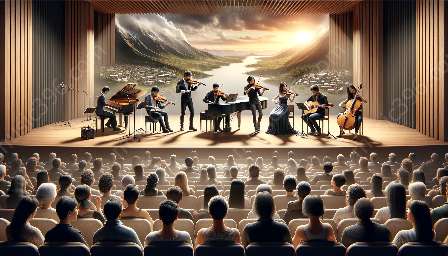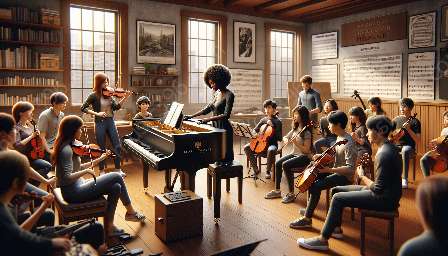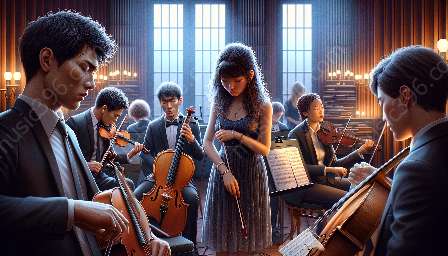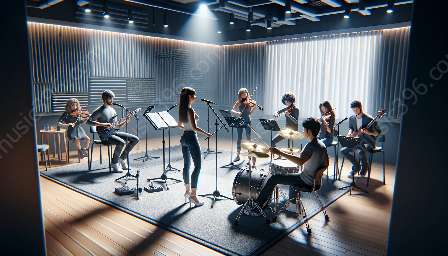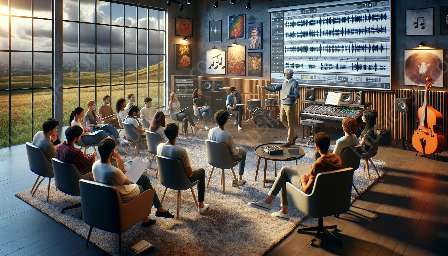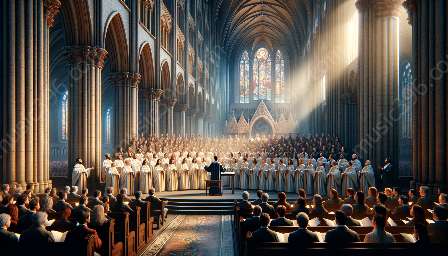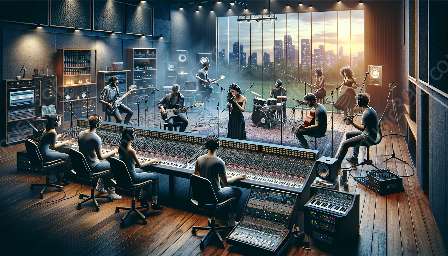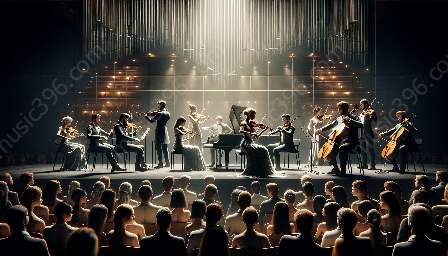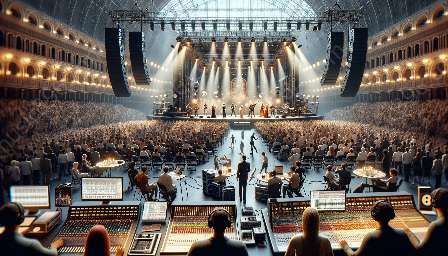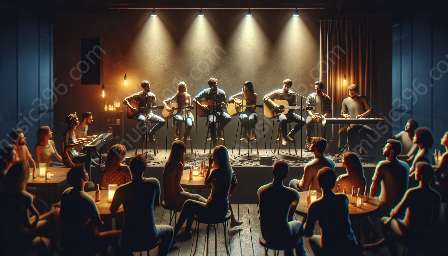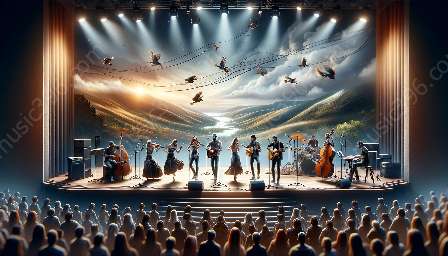Chamber music has a long and rich history that spans centuries, dating back to the Classical and Romantic eras. This genre of music, often performed by small ensembles, holds a unique place in the world of music performance, offering both societal relevance and a transformative power that extends beyond the stage.
Societal Relevance
Chamber music performances play a crucial role in connecting communities and fostering a sense of unity. The intimate nature of these performances creates an immersive experience that brings individuals from diverse backgrounds together. This inclusivity contributes to the societal relevance of chamber music, as it transcends cultural and social boundaries, providing a platform for shared experiences and understanding.
Furthermore, chamber music often addresses pertinent societal issues through its repertoire, allowing performers to convey meaningful messages and engage audiences in critical conversations. This relevance to contemporary societal issues strengthens the bond between music and the community, enriching the cultural landscape.
Transformative Power
The transformative power of chamber music performance is evident in its profound impact on both performers and audiences. For musicians, engaging in chamber music requires a high level of collaboration, communication, and mutual respect. This collaborative process fosters personal growth, empathy, and an enhanced understanding of others' perspectives, thereby transforming individual musicians into more empathetic and socially conscious artists.
Similarly, audiences experience transformation through the emotive and evocative nature of chamber music. The intimate settings of chamber music performances create a space for introspection, emotional resonance, and catharsis. As a result, listeners often undergo a transformative experience, gaining insight into their own emotions and connecting with the deeper aspects of the human experience.
Compatibility with Music Performance
Chamber music performance shares a symbiotic relationship with music performance at large. While chamber music focuses on smaller ensembles, its principles of collaboration, artistic expression, and emotional communication align with those of broader music performance. The compatibility lies in the shared objective of connecting with audiences and evoking meaningful responses through music. Furthermore, chamber music serves as a microcosm of the larger music performance landscape, embodying the essence of musical expression and creativity.
In conclusion, the societal relevance and transformative power of chamber music performance are integral to its enduring influence on society and individuals. By bringing people together, addressing pressing societal issues, and facilitating personal growth and introspection, chamber music continues to shape and enrich the cultural fabric of society.

